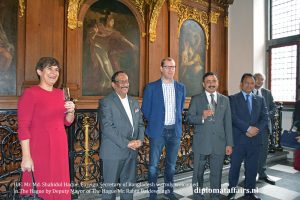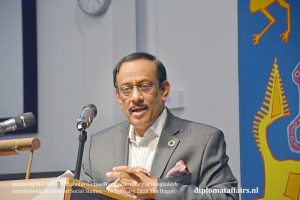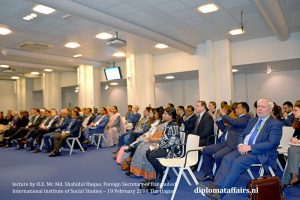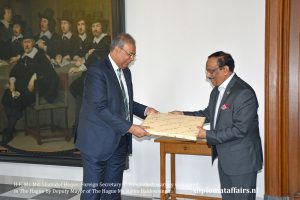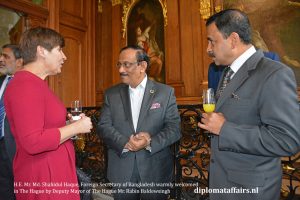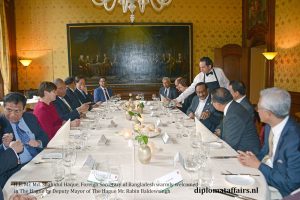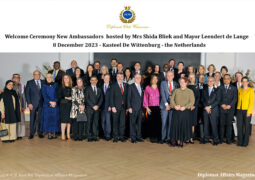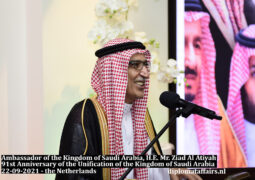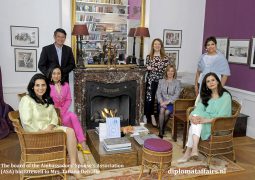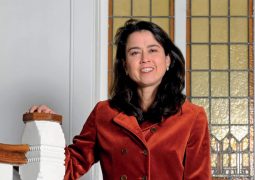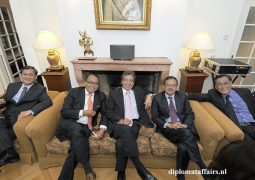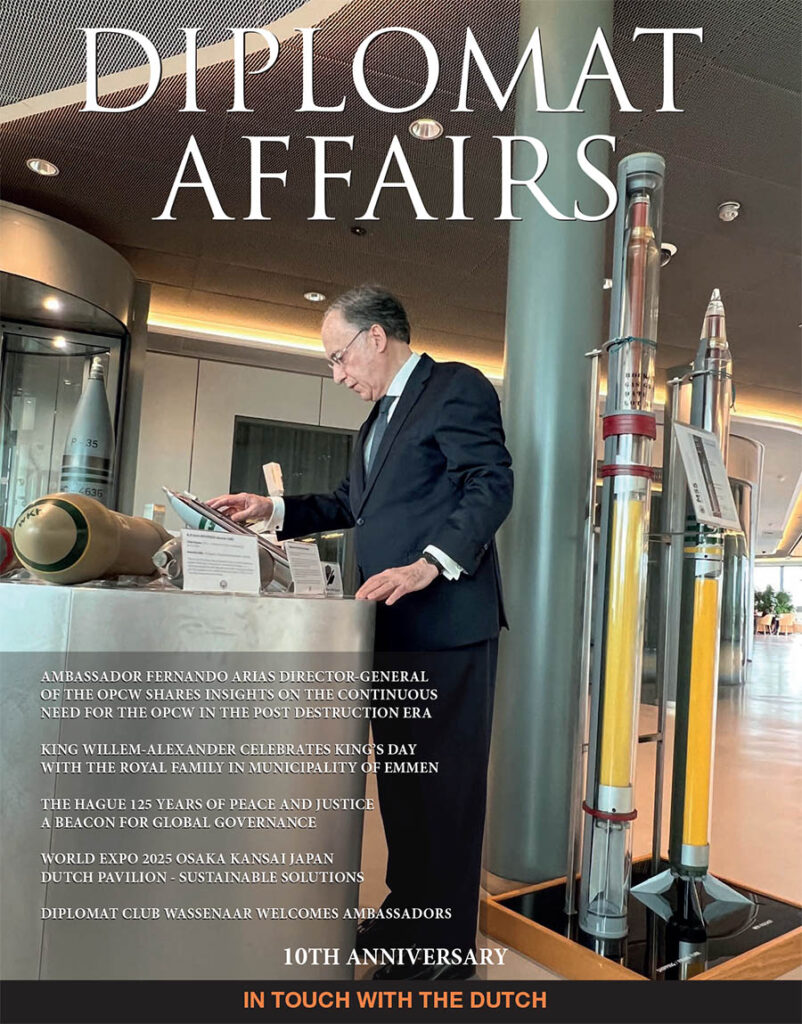H.E. Md. Shahidul Haque, Foreign Secretary of Bangladesh warmly welcomed in The Hague
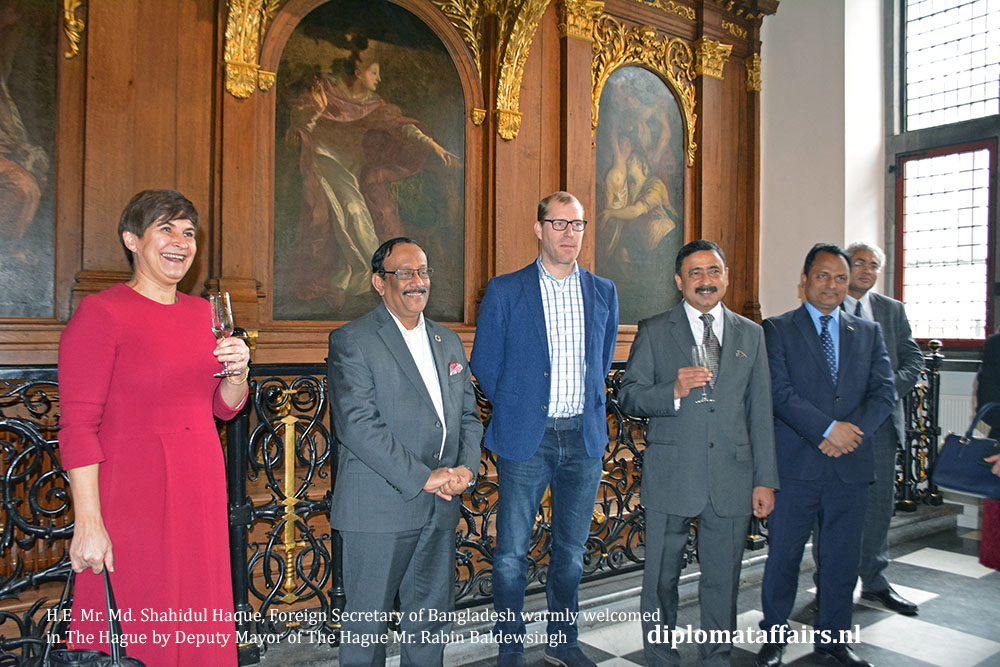
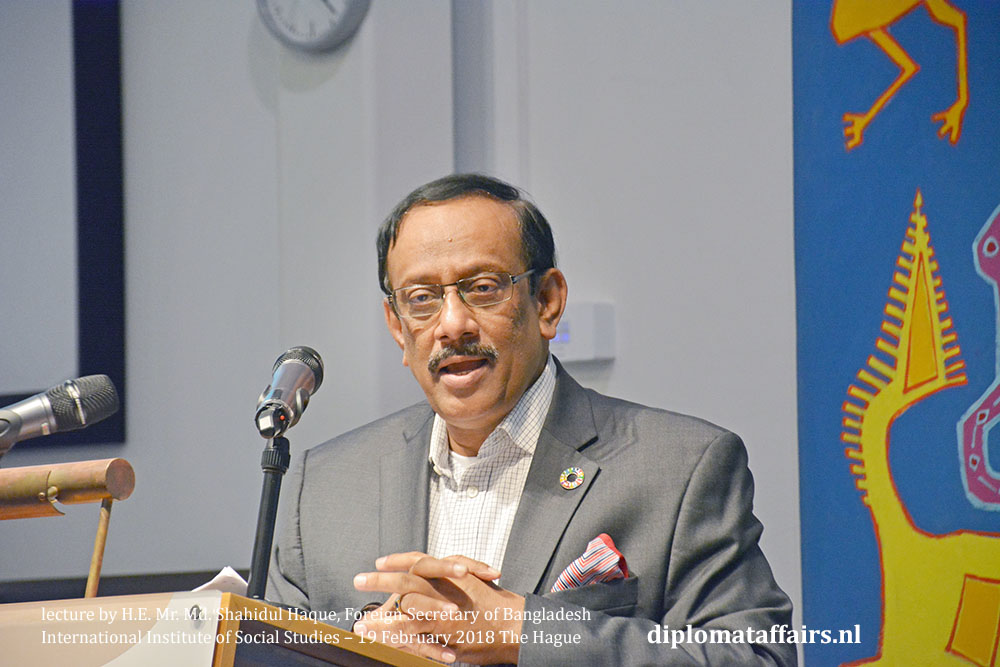
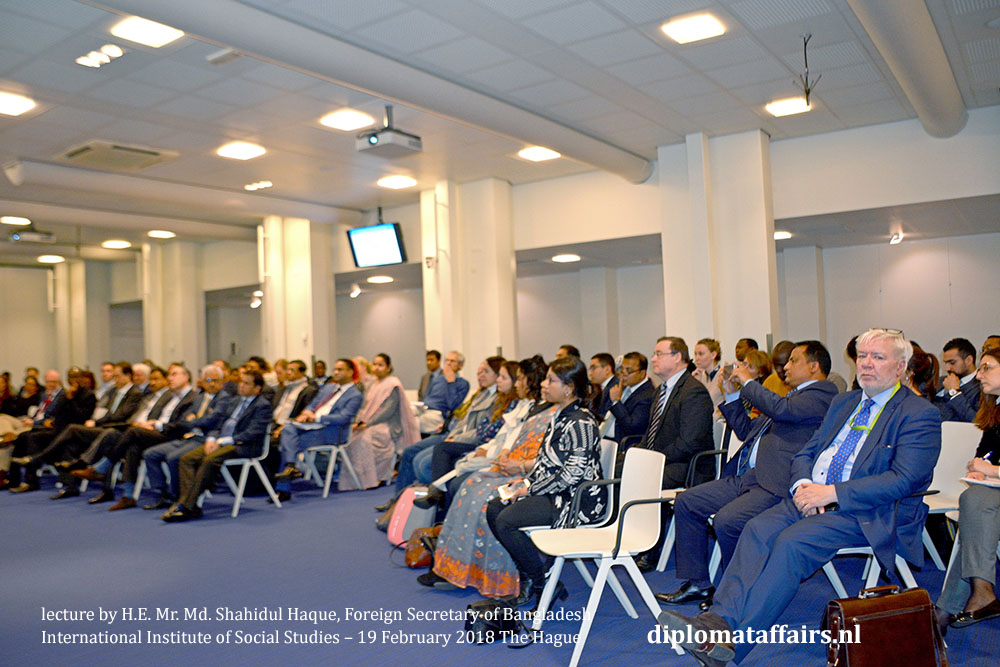
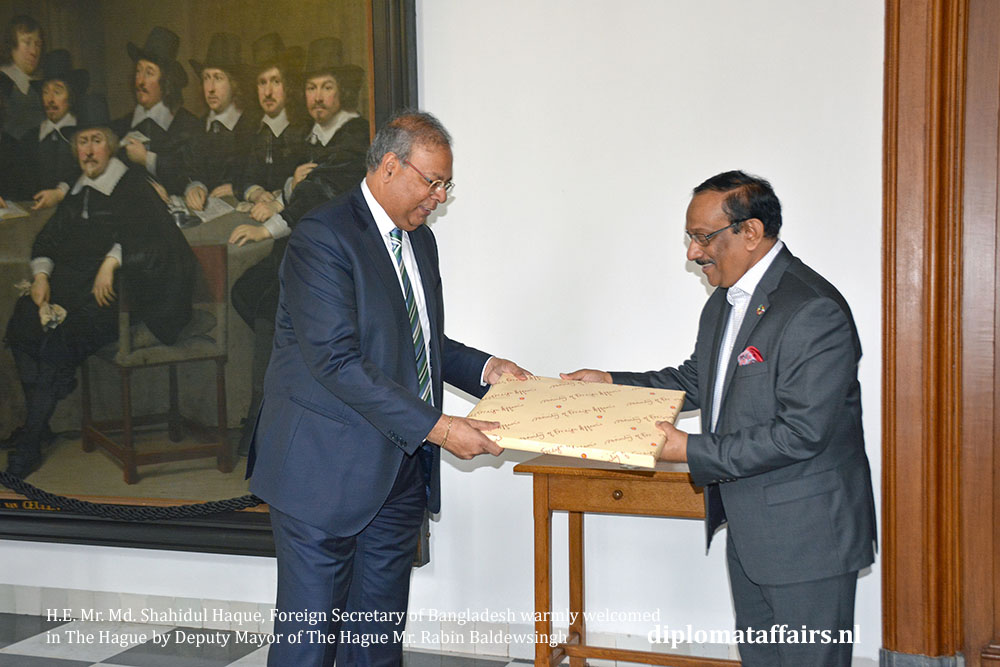
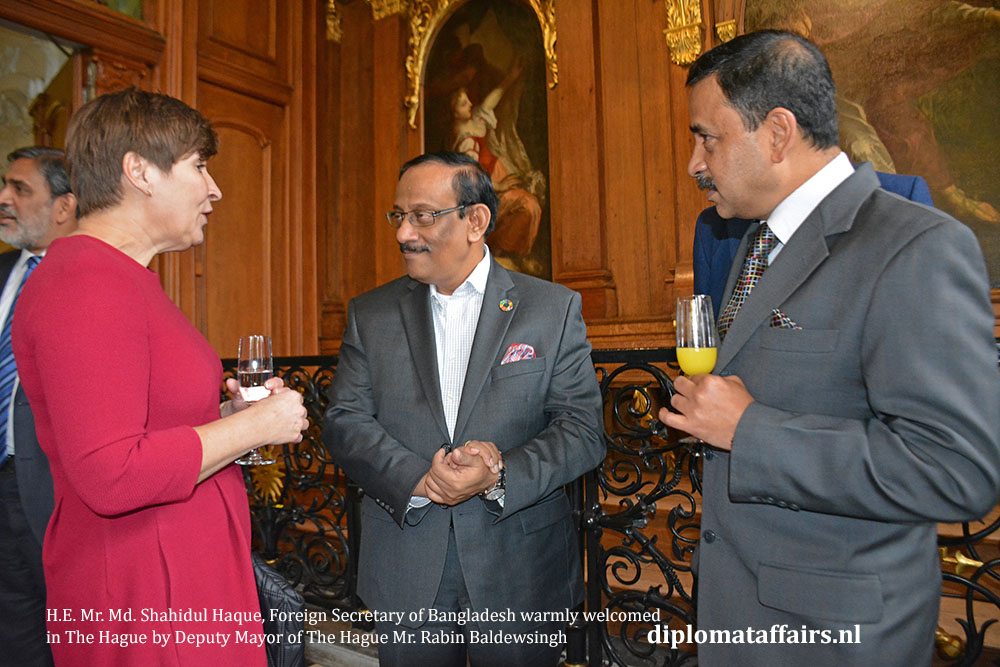
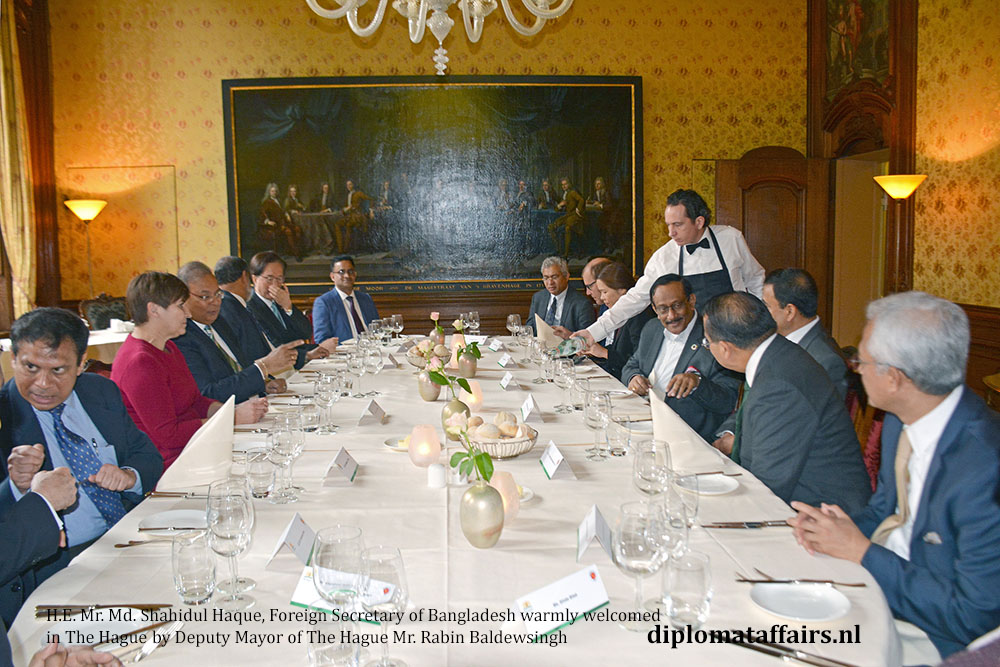
The Aula at the International Institute of Social Studies was full on Monday February 19th to listen to the lecture on:” Improving International Migration Regimes” by H.E. Mr. Md. Shahidul Haque, Foreign Secretary of Bangladesh.
Sarees and suits mingled as Diplomats, Heads of development organisations, students and many more gathered to learn more on this so very actual topic.
Professor Dr. Wil Hout Deputy Rector Research Affairs ISS welcomed the attendants and Professor Des Gasper ISS Professor of Human Development, Development Ethics and Public Policy introduced the topic and the perfect speaker for this topic: HE Foreign Secretary Shahidul Haque who chaired the 2016 Global Forum on Migration and Development (GFMD)and is serving as an Independent Expert to the UN Committee on the Rights of All Migrant Workers and Members of their Families.
His Excellency launched into his talk asking us to bear in mind:
1) There is no global regime for governance of migration.
2) Migration is very individualistic (specific to this process)
3) Migration is a circular movement (not A to B)
4) We are talking about 258 million migrants over the total population, so by far not the majority
He explained there are basically 4 streams of population movement:
– for work
– human trafficking and smuggling
– displacement
– refugees
The 4 streams mingle, forming a mixed migration.
As he said: “The world is being transformed” and migration presents many paradoxes: integration vs individuality, the challenges of populism, the 4th industrial revolution with the ways we make, share and send wealth changing. Added to this is the huge inequality between states, the conflict between “we leave no one behind” and the fear that the 3% of world population who move will take over, not to mention the many conflicts and humanitarian crises of the world.
When people are on the move they are vulnerable themselves and render their surroundings vulnerable. Borders are challenged.
The largest issue is that there is no centralised governance for human mobility, just adhoc state-based systems because of:
1. The tension between sovereignty and national interest
2. The balance between economic gain and national security/terrorism
3. The Protection of Human rights, our own citizens, but what about the non-citizens on your land?
4. The availability of capacity and resources
Bangladesh took the lead on advocating the need for a system or regime where we agree how to govern human mobility.
Europe agreed to the need for a compact on refugees. But what about migrants? They are in a much higher number.
Bangladesh wrote a letter to the Secretary General stating the compacts need to be
· Orderly
· Safe
· Regular (legal)
· Responsible
The word governance is seen as a threat by most states when discussing, the word “management” is perceived as less threatening to sovereignty, the compact is for governance.
For the 2016 New York declaration some components of governance were kept, and the Bangladeshi proposal suggested a need for it to be:
Inclusive, innovative, featuring peace and stability, a need for a normative aspect (compliance), transparency and accountability.
They got a zero draft back: stating the compact would be non-legally binding, including no reference to the 1990 migration convention, no mention of rights, no reference to governance and the implementation was extremely vague.
His Excellency expressed their disappointment as another European crisis may come.
As Mr Haque said: “We need global leadership to cope with non-regulated migration. We must not politicize, it needs to be innovative, it needs to be rights based, it needs to be a UN role and include responsibility.”
Then followed a lively Q & A.
Prior to the conference, Deputy Mayor of The Hague Mr Rabin Baldewsingh warmly welcomed H.E. Mr Haque to The Hague with a splendid lunch held in the glorious old city hall, together with former Minister for Foreign Trade and Development Cooperation, Mrs. Lilianne Ploumen who captured the hearts of the Bangladeshi people during her trade mission there ; Ambassador Sheikh Mohammed Belal (Ambassador of Bangladesh) and a number of his fellow Ambassadors from India, Vietnam, Malaysia, Sri Lanka, Indonesia and Spain.
- Previous H.E. Dr. Brett Mason honours Australian-Dutch friendship
- Next Celebrating the 54th Anniversary of the Union of Tanganyika and Zanzibar at Diplomat Club Wassenaar – Kasteel De Wittenburg
You may also like...
Sorry - Comments are closed

